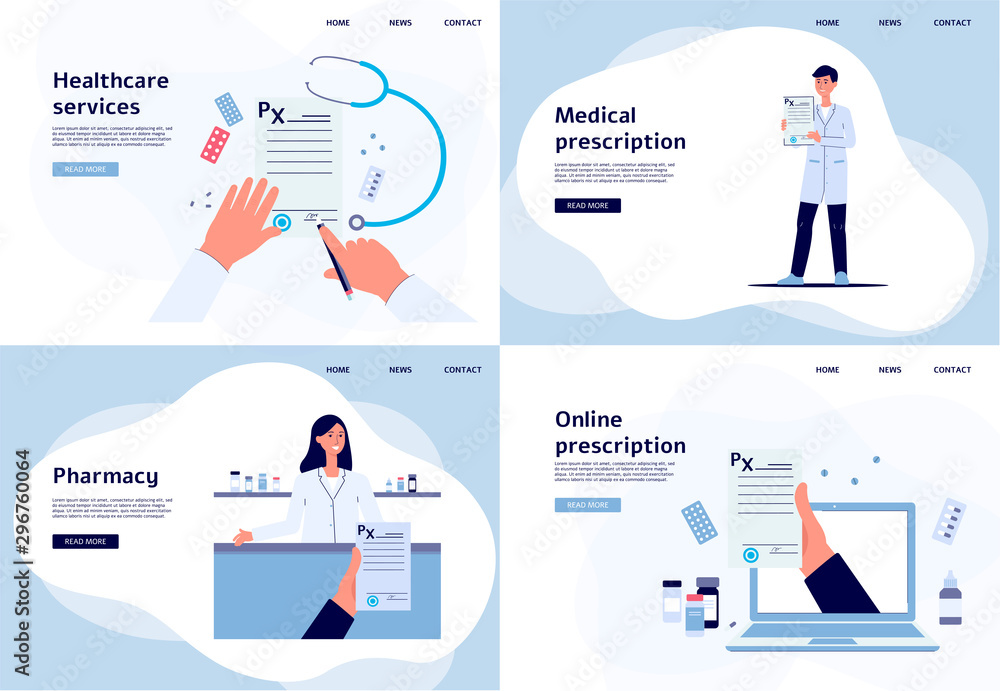Subscription Based Healthcare: Changing the Way We Think Of Health
Subscription Based Healthcare: Changing the Way We Think Of Health
Blog Article
The Rise of Subscription-Based Healthcare and Its Effect On Person Care
As healthcare progresses, the subscription-based model is gaining grip, promising to revolutionize patient care by providing predictability and access. The possibility for these versions to reshape health care shipment increases pressing questions concerning their long-term sustainability and inclusivity. Are these subscription solutions the future of medical care, or do they run the risk of leaving at risk populations behind?
Comprehending Registration Medical Care Versions
Realizing the principle of registration healthcare designs includes examining a transformative technique to medical services that stresses cost and accessibility. These versions, commonly referred to as straight medical care (DPC) or concierge medicine, have arised as innovative options to conventional fee-for-service healthcare systems. Subscription medical care permits clients to pay a set regular monthly or yearly cost for a defined collection of clinical solutions, which may include endless workplace check outs, regular examinations, and basic lab tests, without the requirement for standard insurance payment.
The framework of subscription medical care designs is created to enhance individual care by getting rid of third-party payers and complicated billing codes, therefore reducing management worries. Doctor can concentrate extra on individual care, promoting more powerful patient-provider connections. This model additionally promotes preventative treatment by urging routine gos to, as the economic obstacle of per-visit costs is gotten rid of.
The subscription design typically empowers health care suppliers to manage smaller client panels, permitting even more personalized treatment. It lines up financial rewards with client health and wellness outcomes, as suppliers are inspired to keep client complete satisfaction and well-being. In general, comprehending registration healthcare models requires acknowledging their possible to improve exactly how treatment is provided and accessed.
Benefits for Patients and Service Providers

For carriers, subscription-based designs supply the opportunity to strengthen patient-provider partnerships. With a stable profits stream, healthcare experts can commit more time to each individual, bring about an extra tailored and complete care experience. This model additionally lowers reliance above person volumes, easing exhaustion and improving job contentment. In addition, the emphasis on preventive treatment within registration plans can cause better patient results and reduced long-lasting health care costs. By focusing on constant care, suppliers can address issues prior to they rise, eventually benefiting the healthcare system in its entirety by lowering the problem on emergency and acute care solutions.
Concerns and challenges
While subscription-based healthcare designs existing various advantages, they also come with a collection of obstacles and concerns that must be dealt with. This elevates moral concerns concerning fair accessibility to healthcare solutions.
Financial sustainability of subscription-based versions is one more problem. Suppliers need to stabilize the fixed earnings from memberships with the variable costs of health care solutions, which may change linked here due to unpredicted clinical needs. This can produce pressure to restrict services or increase charges, potentially influencing individual contentment and care top quality.
Moreover, governing oversight of subscription-based health care versions is still progressing. Addressing these difficulties is crucial for the successful and equitable execution of subscription-based healthcare.
Effect On Patient-Doctor Relationships
One significant influence of subscription-based medical care models on patient-doctor relationships is the possibility for boosted connection and individualized care. By adopting a registration design, medical professionals can handle a smaller individual panel, enabling even more devoted time with each person. This enhanced schedule cultivates a much deeper understanding of a patient's case history, way of living, and choices, making it possible for extra tailored therapy plans and treatments.

Nevertheless, it is necessary to acknowledge that while subscription-based versions may profit those who can manage them, they can inadvertently widen healthcare variations. Patients who are not able to join these versions could experience lower accessibility to personalized treatment, possibly impacting their partnerships with doctor. Hence, while the subscription version provides appealing benefits for patient-doctor relationships, it also positions challenges that need to be resolved to guarantee fair healthcare gain access to.
Future of Healthcare Accessibility

The function of technology can not be forgotten in this change. Telemedicine platforms and digital wellness records promote smooth communication in between individuals and doctor, damaging down geographical and logistical barriers. Furthermore, advancements in artificial intelligence and data analytics can further customize clinical care by anticipating person requirements and maximizing therapy strategies.
Nevertheless, the future of medical care gain access to additionally provides difficulties, such as guaranteeing equity across different socio-economic groups. Policymakers and doctor should work together to bridge the digital divide, making certain that subscription-based models remain economical and comprehensive. As these systems grow, they hold the guarantee of making health care much more obtainable, reliable, and patient-centric.
Verdict
Subscription-based medical care designs are improving patient treatment by supplying a secure price structure and enhancing ease of access. The rise of subscription-based healthcare motivates aggressive individual engagement, which has the potential to browse around this site improve individual results and satisfaction, indicating a transformative change in healthcare distribution.
As healthcare develops, the subscription-based design is obtaining traction, assuring to revolutionize patient treatment by using predictability and access.Subscription-based healthcare designs use unique benefits for both patients and carriers, improving the overall healthcare experience.As medical care systems progress, the future of medical care access often pivots on the combination of cutting-edge designs and technologies.Subscription-based health care models are reshaping patient care by giving a steady expense structure and boosting accessibility. The increase of subscription-based healthcare encourages proactive person interaction, which has the possible to enhance individual results and complete satisfaction, signaling a transformative shift in health care delivery.
Report this page